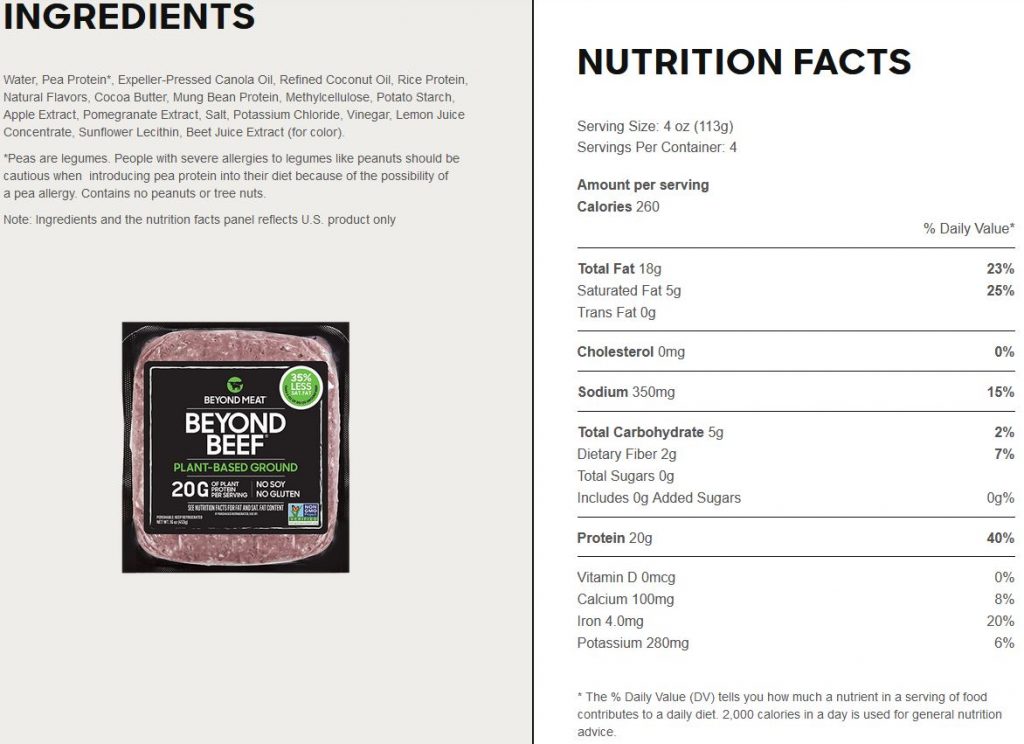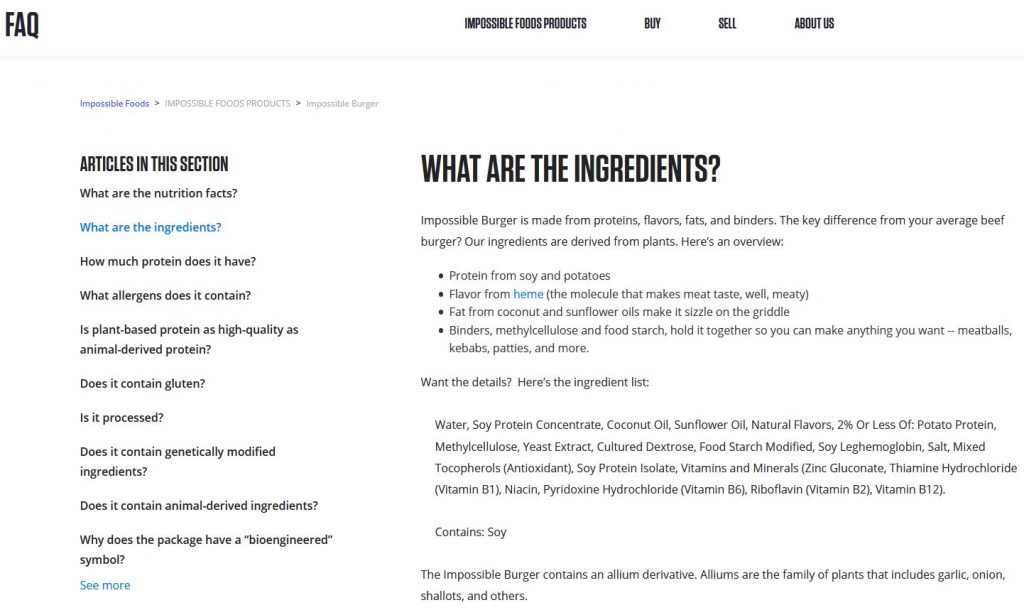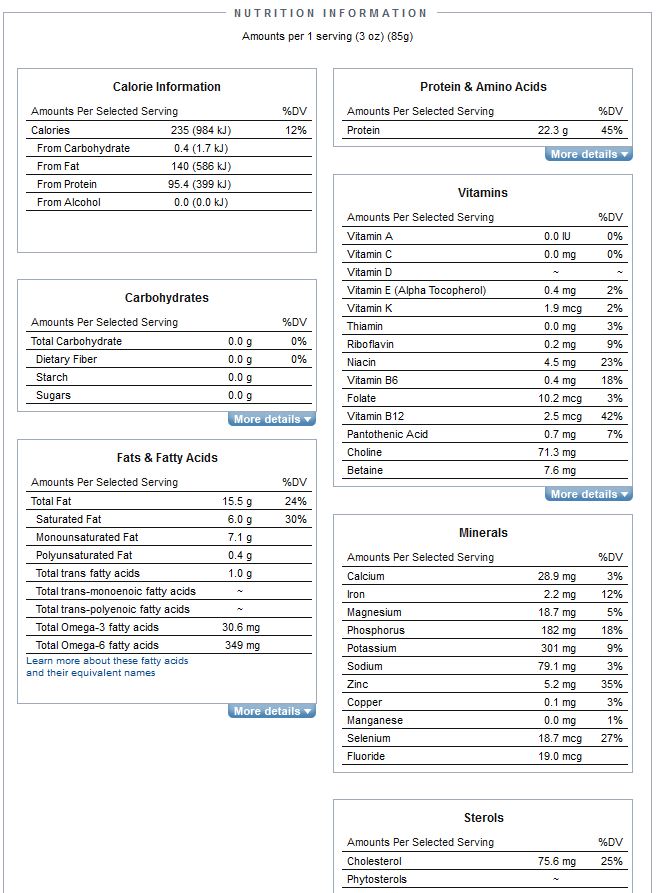
Bill Gates Thinks We Should All Eat Fake Meat
Fake Meat. It’s What’s For Dinner
(*republished from my other site Keto Enthusiast)
At least if Bill Gates has anything to say about it.
In this recent article, authored by James Temple, contributor at MIT Technology Review, we learn that the Microsoft co-founder has written a new book titled, “How to Avoid a Climate Disaster.” According to Temple, this book outlines Gates’ plan for “the tech breakthroughs and sweeping policies we’ll need to take on global warming.”
(Global warming is an entirely separate issue and a subject I will delve into in a future post.)
According to the article, Temple interviewed Gates in December 2020 about his new book.
I Have not Read the Book
But I do find several points worth mentioning:
- Gates is an investor, (see article) either personally or through Breakthrough Energy Ventures (an investment fund that he chairs), in several of the listed companies, including Beyond Meats, Carbon Engineering, Impossible Foods, Memphis Meats, and Pivot Bio. So, Bill Gates is financially compromised, with a significant conflict of interest, on this issue.
- Is fake meat more “environmentally friendly” than animal agriculture? This question is something we must consider. On the surface, the media tells us that growing plants MUST be more friendly to the environment than factory animal farming. But that’s the problem. Most people don’t go much deeper to consider all the factors. Kelly Hogan’s comment on Shawn Baker’s recent Instagram post nails it! “Because growing soy in a field, spraying it with pesticides, fueling up the combines to harvest it while running over thousands of small animals just so you can make nutrient-deficient “meat” in a factory and ship it all over the country (requiring people to also take supplements that are ALSO made in a factory) makes SO much more sense than going up the road and buying one beautiful cow that can feed a human nutritiously-perfect food for a full year???” Her conversation, HERE, with Mark Strough, touches on these factors and more.
3. Human Nutrition – This is an important consideration. How does fake meat stack up to good, old BEEF? Let’s look at the ingredients:
Beyond Meat
Sets themselves apart from Impossible Foods by proclaiming their product contains “No GMOs.” Their packaging label does, however, list 20 items in their recipe. If we remove water from the number one spot on that list, the next two ingredients are canola oil and coconut oil. Seriously? Canola oil is the number one ingredient? But we’re supposed to believe the nutrition in this fake meat competes with all-natural beef?
Somehow, I doubt it.

Methylcellulose comes in at number eight on their ingredient list. If you don’t know what Methylcellulose is, it’s a plant-derived bulking agent (think cotton, wood, etc.) My quest to learn more about this elusive ingredient led me on an extensive search that I’m not going to relive for you here. Suffice it to say that I encourage you to do your own research if you want more details.
Impossible Burger’s List of Ingredients
Impossible Foods’ fake meat recipe has sparked controversy among people who care about consuming GMO (Genetically Modified Organism) foods. This article from Green Matters published in July 2019, and this one from Business Insider, both talk about the fact that the “magic ingredient” in the Impossible Burger recipe, ‘heme’, and the soy protein used are both genetically engineered foods. From the latter – “Impossible Foods uses genetic engineering to make ingredients that are essential to the taste and texture of its plant-based meat substitute: soy leghemoglobin (also known as heme) and soy protein. Soy protein replaced wheat protein as the main base for Impossible’s second recipe, while soy leghemoglobin is responsible for making the patty taste like meat.”
Here is their ingredient list –

Versus Beef’s Nutrition Data
The following nutritional data for a 3-ounce portion of 75% lean, 25% fat, ground beef crumbles, pan-fried, is provided by USDA SR-21 at the following website: https://nutritiondata.self.com/facts/beef-products/6211/2
Ingredient List – 100% BEEF

Fake Meat is a Complicated Issue
Eating fake meat is a strange idea. The thought of consuming concoctions disguised as beef replacements is offensive. We must take a deep-dive into this subject and consider all the potential concerns before taking Bill Gates’ word for it, replacing our old, reliable, trust-worthy cow-based nutrition for more dubious look-alike substances.
More to come… I’d love to hear your thoughts!
Tracy
*If you enjoyed this post, you might like THIS ONE about mask wearing.





